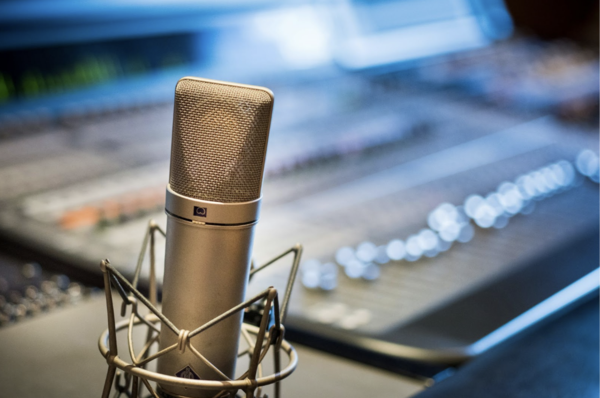
The rise of voice technology has transformed how we interact with machines, with voice assistants like Siri, Alexa, and various customized voice bots becoming commonplace. With this rapid technological advancement comes a vital question: Can someone use your voice to create a voice bot, and is your voice protected by law? In this article, we'll explore the legal landscape surrounding voice technology, intellectual property rights, and what that means for your unique vocal identity.
Understanding Voice Rights Under Intellectual Property Law
In general, intellectual property (IP) law encompasses various protections, including copyright, trademark, and patent laws. However, when it comes to personal attributes like our voices, things can get a bit trickier.
Copyright Law: Copyright typically protects original works of authorship, including written content, music, and other artistic expressions. Unfortunately, your voice, as a sound, may not be considered a copyrightable work unless it's part of a specific creative project, such as a song or a narrated book.
Trademark Law: This branch of IP law protects brand identifiers. If a voice has become a recognizable asset for a brand, it may potentially be trademarked. For example, the unique voice of a well-known character in a commercial could qualify for protection as a trademark. However, purely personal voices do not usually fall under this umbrella.
Right of Publicity: Some states provide a right of publicity, which allows an individual to control how their persona (including voice) is used commercially. This means that your voice could be protected from unauthorized commercial use, especially in cases where the voice is associated with your identity.
Using Your Voice in Voice Bots: What to Consider
With the intersection of technology and voice rights, several considerations come into play if your voice is used in a voice bot:
Authorization: If someone wishes to use your voice to create a voice bot, they should obtain your explicit permission. Without it, they may be infringing on your rights. Unauthorized use can lead to potential legal action based on violation of privacy rights or right of publicity.
Contractual Agreements: For individuals who engage in work that involves their voice—like voice actors or radio personalities—contractual agreements often outline how their voice can be used, including limitations on voice reproduction for technology. Establishing a clear contract can protect your interests and specify how your voice can be utilized.
Impersonation: Is a voice bot capable of imitating your voice without consent? This raises another issue. If someone impersonates you through voice modulation technology or voice cloning, it may lead to civil liability if that imitation is used to mislead or defraud others.
Case Study: Voice Cloning and Legal Consequences
As voice technology advances, instances of voice cloning have become more common, raising critical questions about legality. A notable case highlighting the issue occurred when a tech company used an audio sample of a celebrity’s voice without a license to create a voice bot for entertainment purposes. The celebrity sued for violating her right of publicity and for damages relating to her unauthorized likeness. The outcome reinforced the importance of obtaining consent for using someone's voice, showcasing the complex interplay between innovation and IP law.
Best Practices for Protecting Your Voice
As entrepreneurs, creatives, or individuals with unique vocal signatures, here are some steps you can take to safeguard your rights:
Stay Informed: Keep up with the evolving legal perspectives surrounding technology and voice rights.
Use Contracts: If your voice is used in professional settings like advertisements or videos, craft and sign contracts that clearly indicate how your voice can be utilized.
Consult Legal Experts: When in doubt, seek out legal professionals who specialize in IP law for advice tailored to your specific situation.
Conclusion
In an era where voice technology is on the rise, understanding the legal protections surrounding your voice is essential. While copyright and trademark laws may not apply directly, personal rights—especially the right of publicity—provide some security against unauthorized use. If someone attempts to create a voice bot replicating your voice, remember that your consent matters. Protect your identity, voice, and brand by staying informed and by engaging legal guidance when necessary.
Thanks for Reading!
We appreciate you taking the time to explore our insights at Sandman Law Office, PLLC. As a trusted partner in Daytona Beach, we’re passionate about serving businesses, innovators, entrepreneurs, and creatives. Our focus areas include intellectual property, business law, and alternative dispute resolution, designed to empower you in your legal journey.
We invite you to join the conversation! Share your thoughts or questions in the comments section below. You can also connect with us on social media for more updates and insights—follow us on LinkedIn at Lori Sandman, like our Facebook page at Sandman Law Office, and find us on Instagram @lorisandman.
Your opinions matter to us, and we look forward to your engagement! If you’re in need of legal guidance or want to protect your ideas, don't hesitate to reach out. Together, we can navigate the legal landscape for your success!